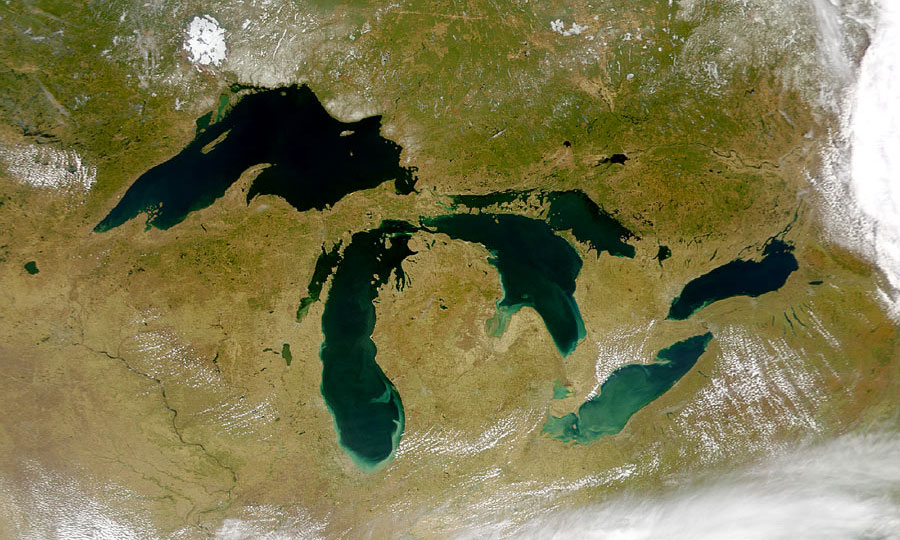[The P2Rx Center Directors have offered to post occasional entries in regional blogs. Thanks to Rick Yoder from P2RIC for the following.]
On April 19-20, I attended the Northern Plains and Rocky Mountain Consortium Green Jobs Conference in Des Moines. The consortium is comprised of IA, NE, MT, WY, UT (event info here). Much of the ARRA funding in these states went toward trying to get a handle on where green jobs are and whether they are increasing in number and whether the educational support structure (plans of study as offered by Career Clusters) are available.
My great disappointment with their efforts is that they chose not to tie any measurement of green jobs to environmental outcomes. (Really?)
But the wonky side of me likes the definition of green jobs that the U.S. Bureau of Labor Statistics (BLS) crafted, especially the segment that focuses on process rather than the part that focuses on specific NAICS segments or products. I think it’s a bit wrong-headed to say that all jobs associated with building and installing wind turbines are green. Environmental impact varies with material and process choices. But I do like the idea that every job can have an impact on energy efficiency of an operation.
It’s unfortunate that BLS isn’t going to support an annual survey of this second, process-oriented, part of their green jobs definition.
Why?
Because it’s just this sort of improvement that technical assistance providers have been doing for decades. In my mind, such a survey offers a real opportunity for EPA’s P2 office to help other federal agencies identify measures that promote source reduction.

 There’s still time to submit entries for the
There’s still time to submit entries for the